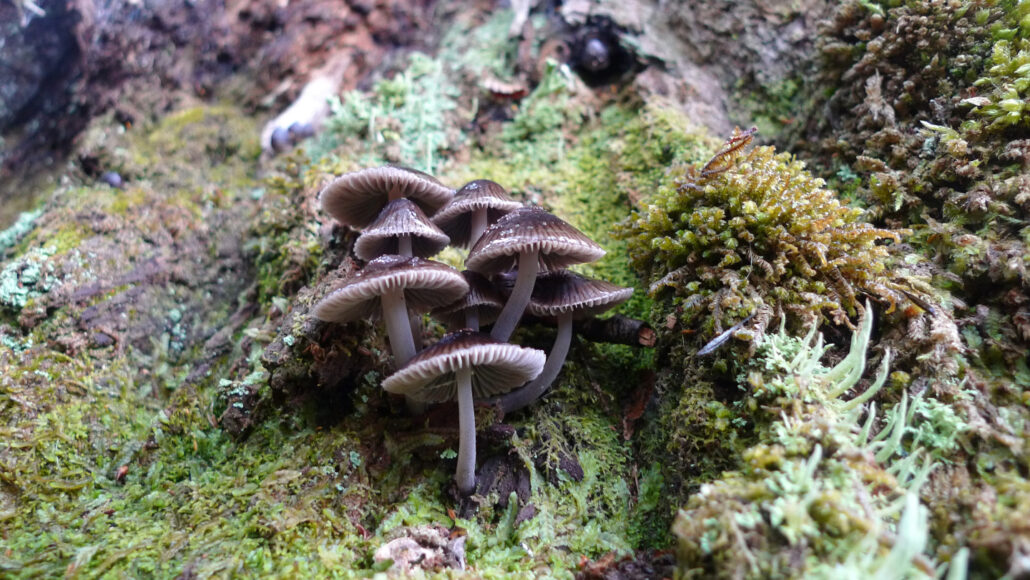Don't Overlook 'Funga' When Discussing Flora and Fauna

Fungi. They grow between toes, on bread and in the shower. But the organisms also produce food and medicine and act as ecosystem maids by decomposing dead matter — benefits that are sometimes overlooked (SN: 11/17/20). That’s why the Fungi Foundation, a nonprofit dedicated to fungi education and conservation, advocates for adding “funga” to the popular phrase “flora and fauna.”
The mushrooming movement is also backed by the United Nations Convention on Biological Diversity, which in August called for the addition of “a third ‘F’ — funga — to address the planetary challenges of climate change and biodiversity loss.” More than 20 countries already use the term, including Australia, Iceland and Brazil.
Historically, fungi have been left out of most conservation discussions and plans, says mycologist Giuliana Furci, founder of the Fungi Foundation, which was created in Chile and is now based in the United States. While flora refers to an area’s plant diversity and fauna its animal diversity, fungi don’t fit into either category. “Fungi didn’t have a way in,” Furci says. “It’s about time they get this recognition.”
Whether a soil mold or a mushroom on a log, fungi face the same threats as other kingdoms of life, including habitat loss and climate change. The International Union for the Conservation of Nature’s Red List includes more than 200 species of fungi that are either threatened or endangered. Fungi also form essential relationships with other organisms, like gut bacteria or the roots of plants (SN: 5/25/23). That means it is paramount that fungi are considered in conservation policies, Furci says. She and two other mycologists coined the term funga in 2018 in IMA Fungus. Mycota, the ancient Greek word for mushroom, would have been more accurate, but funga seemed catchier, Furci says.
The phrase has the potential to take off widely, says mycologist Catherine Gehring of Northern Arizona University in Flagstaff. Using funga along with flora and fauna will be particularly powerful in nonscientist circles where the phrase could encourage interest in fungi among policymakers and the public, she says.
“[Fungi] are super valuable,” Gehring says. “It’s great to see the movement is gaining traction.”
Our mission is to provide accurate, engaging news of science to the public. That mission has never been more important than it is today.
As a nonprofit news organization, we cannot do it without you.
Your support enables us to keep our content free and accessible to the next generation of scientists and engineers. Invest in quality science journalism by donating today.




